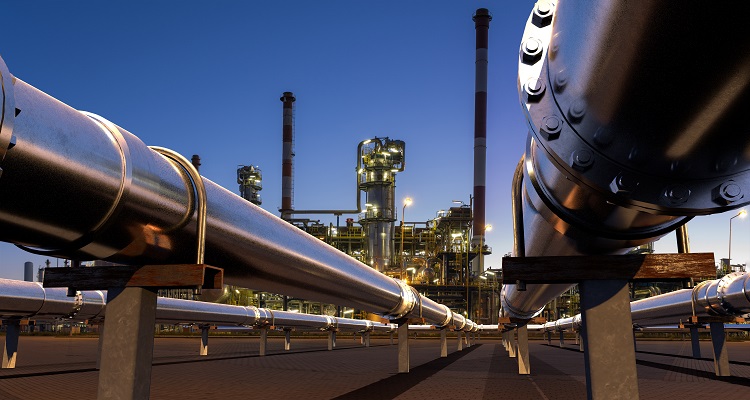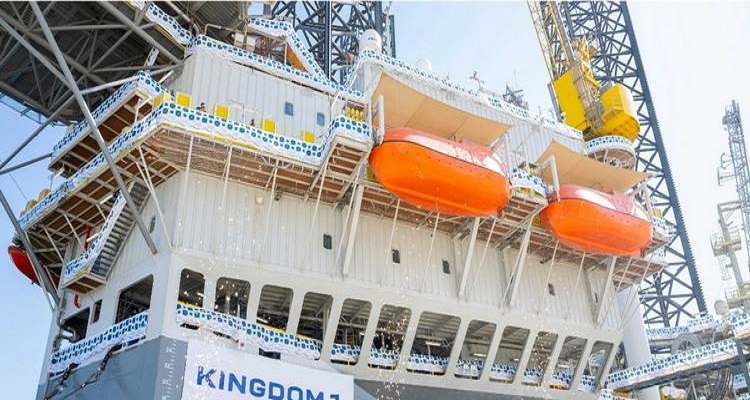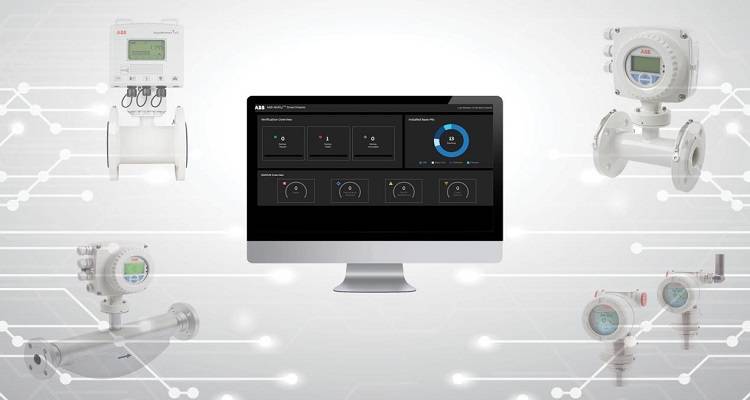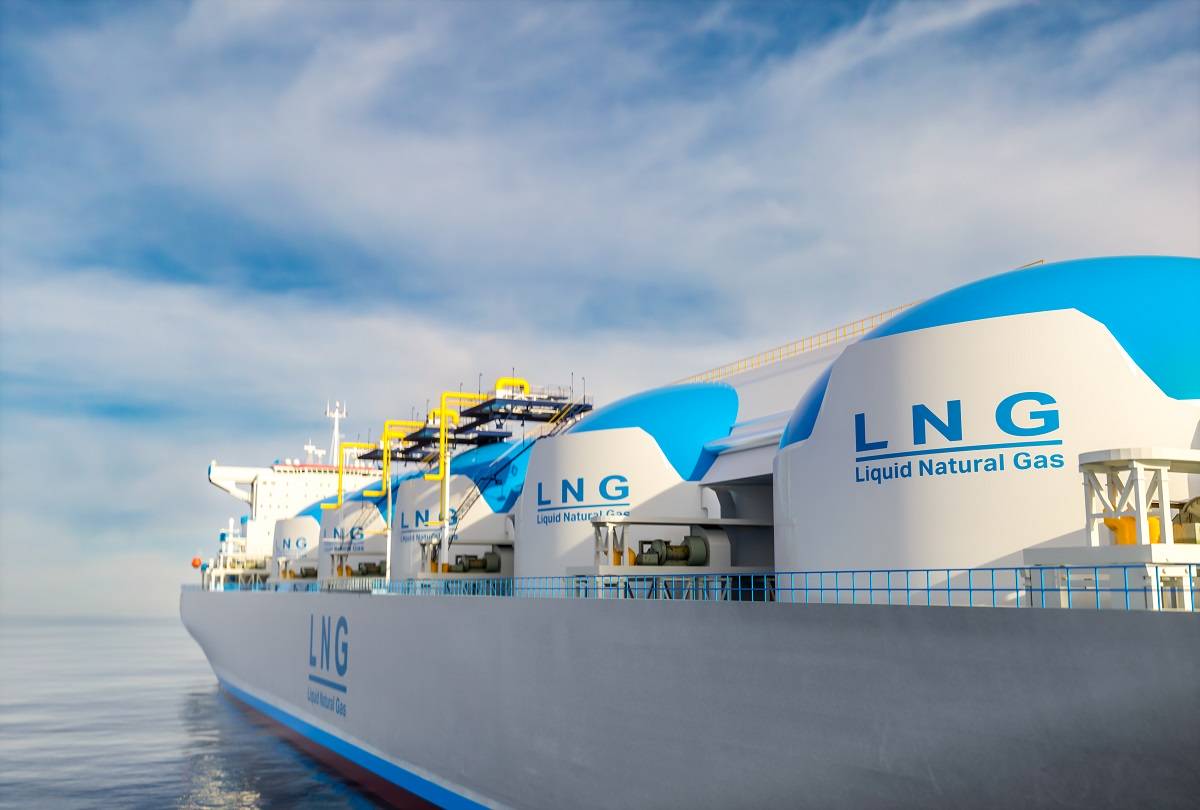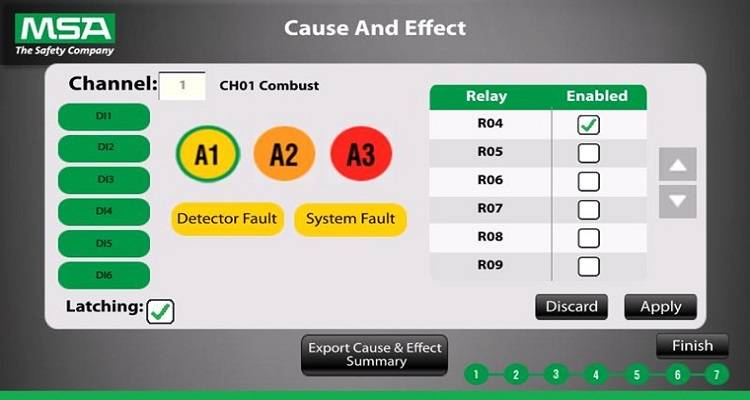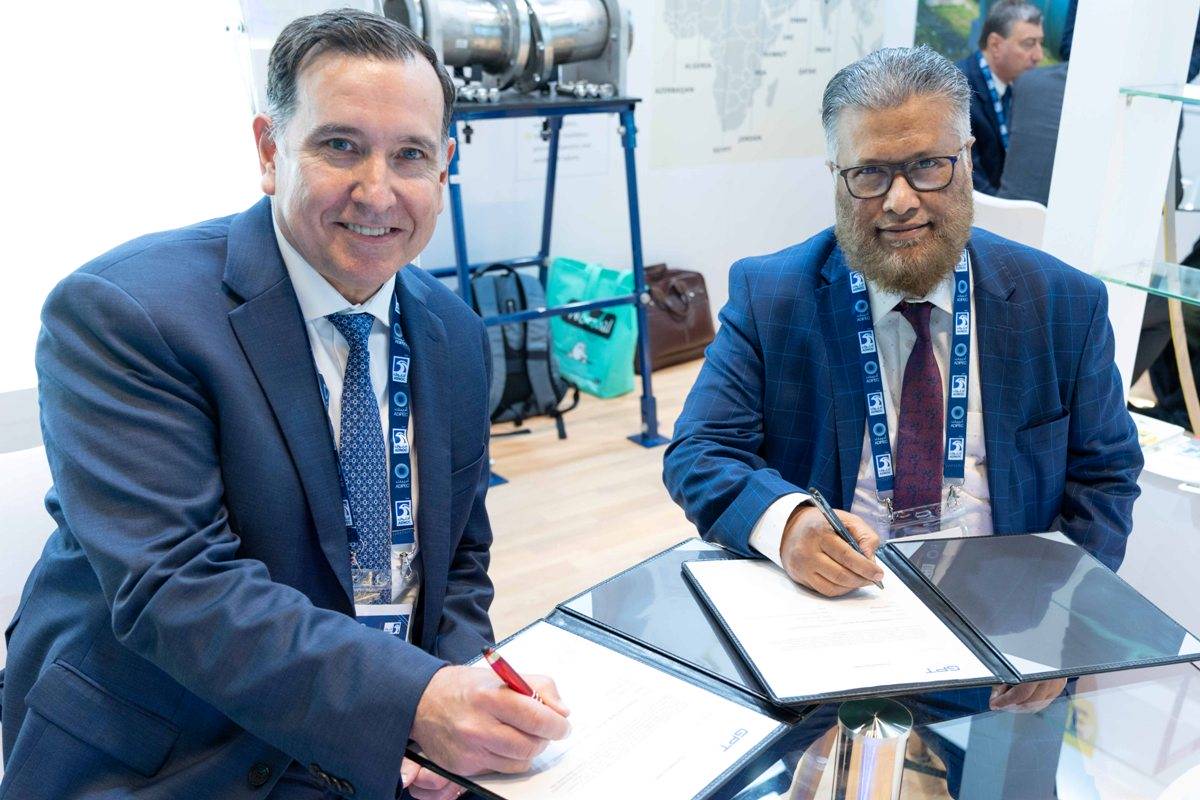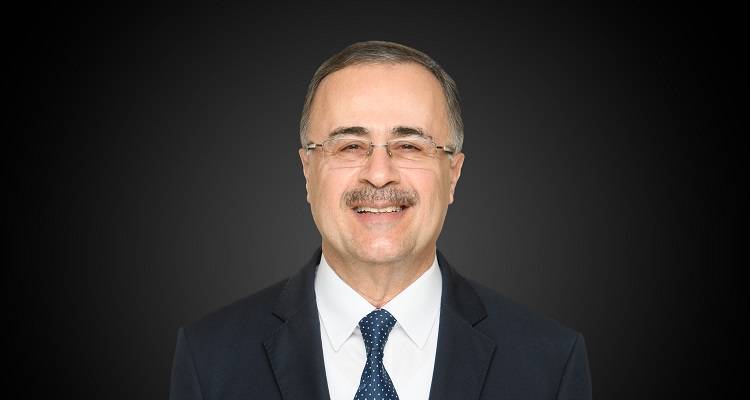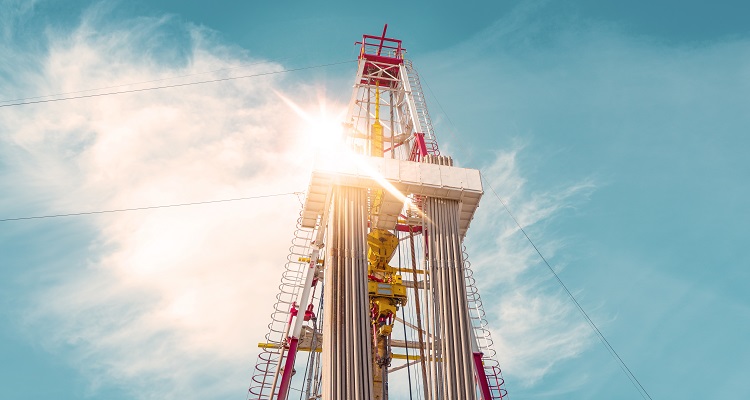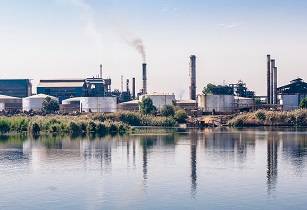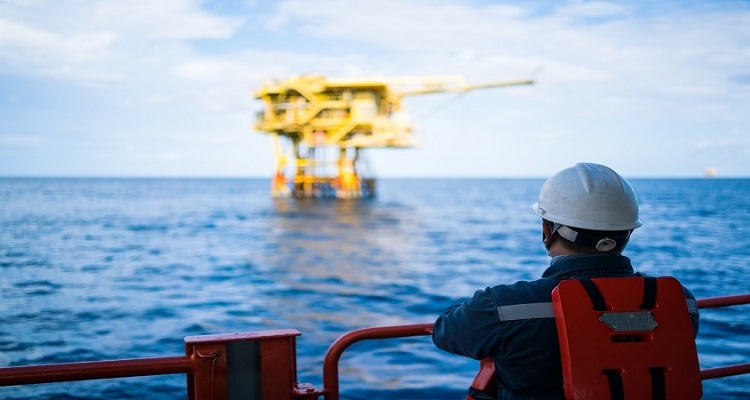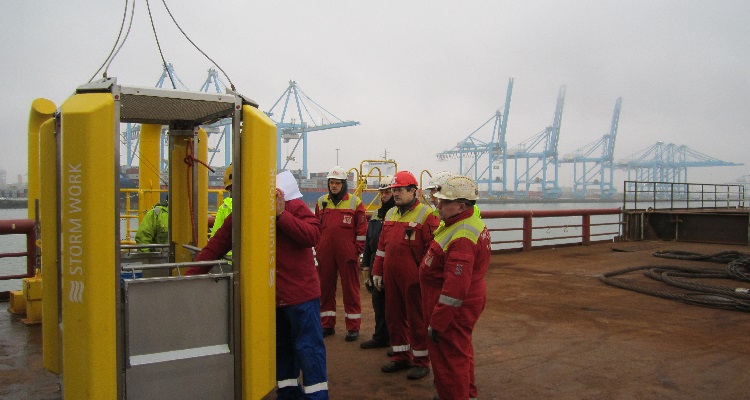In The Spotlight

Aramco awarded US$7.7bn of EPC contracts for the Fadhili Gas Plant expansion during Q1 2024. (Image source: Aramco)

Max Brouwers, chief business development officer at Getech, presenting at Innovation Zero. (Image source: Alain Charles Publishing)

QatarEnergy is acquiring an interest in two exploration blocks offshore Egypt. (Image source: Adobe Stock)
QatarEnergy extends presence in Egypt
QatarEnergy is expanding its presence in Egypt with the signing of an agreement with ExxonMobil to acquire a 40% participating interest in two exploration blocks offshore Egypt
Under the terms of the agreement, QatarEnergy will acquire a 40% working interest in each of the “Cairo” and “Masry” Offshore Concession Agreements, while operator ExxonMobil will retain the remaining 60% working interest.
The Cairo and Masry offshore exploration blocks were awarded to ExxonMobil in January 2023 and cover an area of approximately 11,400 sq km in water depths of 2,000 to 3,000 metres.
His Excellency Saad Sherida Al-Kaabi, the Minister of State for Energy Affairs, the president and CEO of QatarEnergy said, “I am pleased with our entry into the Cairo and Masry offshore exploration blocks as they expand QatarEnergy’s presence in the Arab Republic of Egypt and extend our ambitious exploration programme in-country.”
QatarEnergy has been expanding its overseas upstream portfolio in recent years, entering Egypt’s upstream sector in 2021 with the acquisition of interests in two offshore exploration blocks in the Egyptian side of the Red Sea from operator Shell. It has also made recent acquisitions in Mauritania and Lebanon.

Maurita van Tol (far left) and the Great Futures Festival panel session. (Image source: Johnson Matthey)
Johnson Matthey opens office in Saudi Arabia
Johnson Matthey (JM), a global leader in sustainable technologies, has announced the opening of its new offices in Riyadh, Kingdom of Saudi Arabia (KSA)
JM has been optimising petrochemical operations across the region for over 35 years, enhancing technology performance through catalysts and licensing innovative technologies for the efficient production of chemicals and fuels. The expansion in Saudi Arabia underscores the company’s commitment to the region and aligns with its strategic initiatives to enhance local support and collaboration.
Speaking on a panel on ‘Powering a Greener Future’ at the Great Futures Festival in Riyadh, Maurits van Tol, chief executive, Catalyst Technologies at Johnson Matthey, underlined the versatility of JM's technologies which can utilise various feedstocks to produce a broad spectrum of chemical building blocks and fuels. This feedstock-agnostic approach is pivotal for industries seeking flexible and sustainable solutions. He highlighted how JM's technologies, including its innovative Fischer-Tropsch process (FT CANS), co-developed with bp, and LCH technology for low-carbon hydrogen production, are integral to advancing sustainable aviation fuel (SAF) and other low-carbon solutions.
Van Tol stated, “JM technologies will support KSA as it seeks to diversify its energy sources and reach its sustainability goals. We can and will help it make its vision to lead the world in making a Circular Carbon Economy a reality.”
He added, “JM already has a strong commitment in supporting the KSA in reaching its decarbonisation targets through proactive collaboration on R&D projects with local partners and universities. Our new office in Riyadh shows a deepening of this commitment, and we intend to do more. By localising support and providing advanced, scalable technology, we can support the Kingdom in leading the way in tackling energy and climate challenges, meeting its Vision 2030 goals, and, ultimately, its desire to reach ‘Net Zero’ by 2060.”
Honeywell launches new olefin production process
Honeywell has launched a new process to improve the efficiency and sustainability of light olefin production
The naphtha to ethane and propane (NEP) technology generates a tunable amount of ethane and propane from naphtha and/or LPG feedstocks, generating more high-value ethylene and propylene with reduced production of lower-value by-products compared to a traditional mixed-feed steam cracking unit and resulting in net cash margin increases. An NEP-based olefins complex also reduces CO2 intensity per metric ton of light olefins produced by 5 to 50% versus a traditional mixed-feed steam cracker.
More efficient production
“The petrochemical industry faces strong competition and challenges in obtaining raw materials globally,” said Matt Spalding, vice president and general manager of Honeywell Energy and Sustainability Solutions in MENA. “Our technology helps to enable more efficient production of ethylene and propylene, two chemicals which are in high demand, while also helping our customers lower their carbon emissions.”
The new solution is a part of Honeywell’s Integrated Olefin Suite technology portfolio to enhance the production of light olefins.

BrightTEK is engineered to address the growing need for advanced wireless communication solutions in industrial environments. (Image source: AMETEK LMS)
AMETEK AMS launches wireless IIoT solution
AMETEK Level Measurement Solutions (LMS) has launched BrightTEK, a state-of-the-art wireless Industrial Internet of Things (IIoT) solution designed to redefine operational efficiency and cost-effectiveness in various industries
Initially available for the North American market, BrightTEK leverages wireless technology to facilitate seamless data transmission from AMETEK LMS branded transmitters — including Magnetrol, Orion Instruments, Drexelbrook, SWI and B/W Controls, offering visibility to key variables to help optimise on-site operations. It transmits data wirelessly directly to the customer-facing BrightTEK webserver, addressing the increasing demand for advanced wireless communication services in industrial environments. The BrightTEK webserver provides real-time insights into process variables such as tank levels, volume and location data. With customisable notifications, alerts, and alarms, users can proactively manage their operations, supply chain, and inventory.
BrightTEK introduces two cutting-edge uplink options; the ST95 battery-powered cellular uplink providing power and monitoring to sensors in remote locations without the need for wired connections; and the ST90 AC powered host, which offers the same features as the ST95 in a compact, rugged design.
AMETEK datacentres are certified SOC 2 Type 2 and SOC 3 (Tank Monitoring).
Key advantages
Key advantages include:
• Cost savings: By eliminating the need for extensive wiring, BrightTEK significantly reduces both installation costs and ongoing maintenance expenses.
• Direct labour efficiency: The platform's wireless connectivity minimises labour and travel intensity required for monitoring and maintenance, especially in remote locations.
• Enhanced reliability: BrightTEK simplifies the communication infrastructure, streamlining data transmission and reducing the risk of system failures.
• Remote monitoring: BrightTEK offers continuous monitoring for improved operational efficiency and allows for immediate response to alarms or changes from anywhere, reducing downtime.
Record numbers attend Oil Review Middle East webinar on advanced surveillance for oil and gas remote facilities

The GCC countries have the potential to become leading clean energy hubs. (Image source: Adobe Stock)
GCC countries in the energy transition vanguard
The GCC countries are strategically positioned to become leading global clean energy hubs, according to the latest report in MUFG's ESG series
With global efforts towards the energy transition increasingly being recognised, regulators and policymakers in the GCC economies have incorporated decarbonisation plans into their national vision transformation programmes.
To achieve net zero targets across the region, extensive investments are being undertaken to decarbonise high-carbon emitting sectors in hydrocarbon production, power generation and industrial production, with the speed of execution contingent on technological advancement and availability, as well as an increase in the private sector participation.
Having said that, a recalibration of the energy trilemma post-COVID from sustainability towards energy security and affordability, is witnessing GCC transition targets take a pragmatic approach that is pro-growth and pro-climate. This approach recognises that sustainable systems are more value creating than traditional ones, but shutting down the old conventional economy too quickly threatens to push the price of building a cleaner new economy out of reach. This two-pronged approach of addressing the energy transition and safeguarding energy security recognises the sheer complexity of ecosystems, demanding greater alignment and collaboration on everything from capital allocation to product design, public policy as well as behavioural changes on the demand-side of the equation.
MUFG argues that the GCC region remains well positioned to capitalise on its comparative advantages of low-cost positioning across the energy value chain, geographical proximity to key import markets and its constructive regulatory backdrop to become a vital global decarbonisation vanguard. These favourable characteristics, combined with a constructive macro backdrop, will enable these economies to strengthen their pedigree beyond conventional fossil fuel energy sources in becoming a global hub for both clean electrons (solar, wind, EVs and energy storage) and clean molecules (hydrogen, carbon capture and bioenergy).
More than US$630bn of investments will be required through to 2035 for the region to achieve its ambitious decarbonisation targets, MUFG says, led by four strategic areas, namely, (1) the burgeoning role of natural gas as a transition fuel; (2) the development of attractive renewables capacities; (3) an expansion in carbon sequestration and clean fuel offerings through a rising focus on clean technology investments; and (4) investments in critical infrastructure and logistics to support the transition.
To read the full report, go to https://www.mufgresearch.com//commodities-esg/esg-series-gcc-region-and-the-energy-transition-strategically-positioned-to-become-a-vital-global-decarbonisation-vanguard/?utm_source=email&utm_medium=publication&utm_campaign=ESG+Series:+GCC+region+and+the+energy+transition
More Articles
OWI MENA 2023
Venue:
Bab Al Qasr Hotel
Abu Dhabi
UAE
Dates:
16-17 May 2023
Website:
www.offsnet.com/owi-mena


























